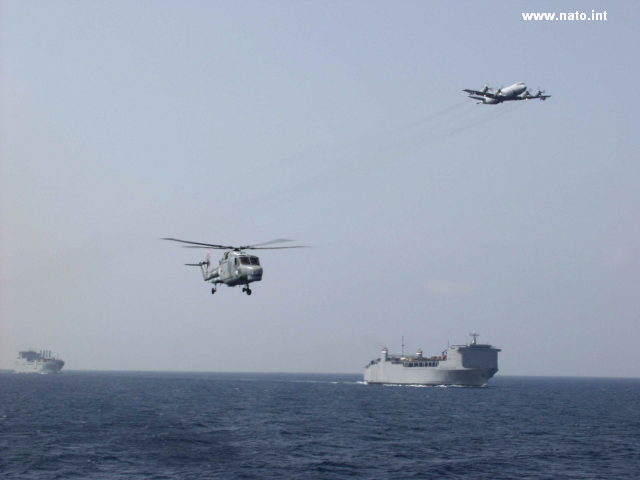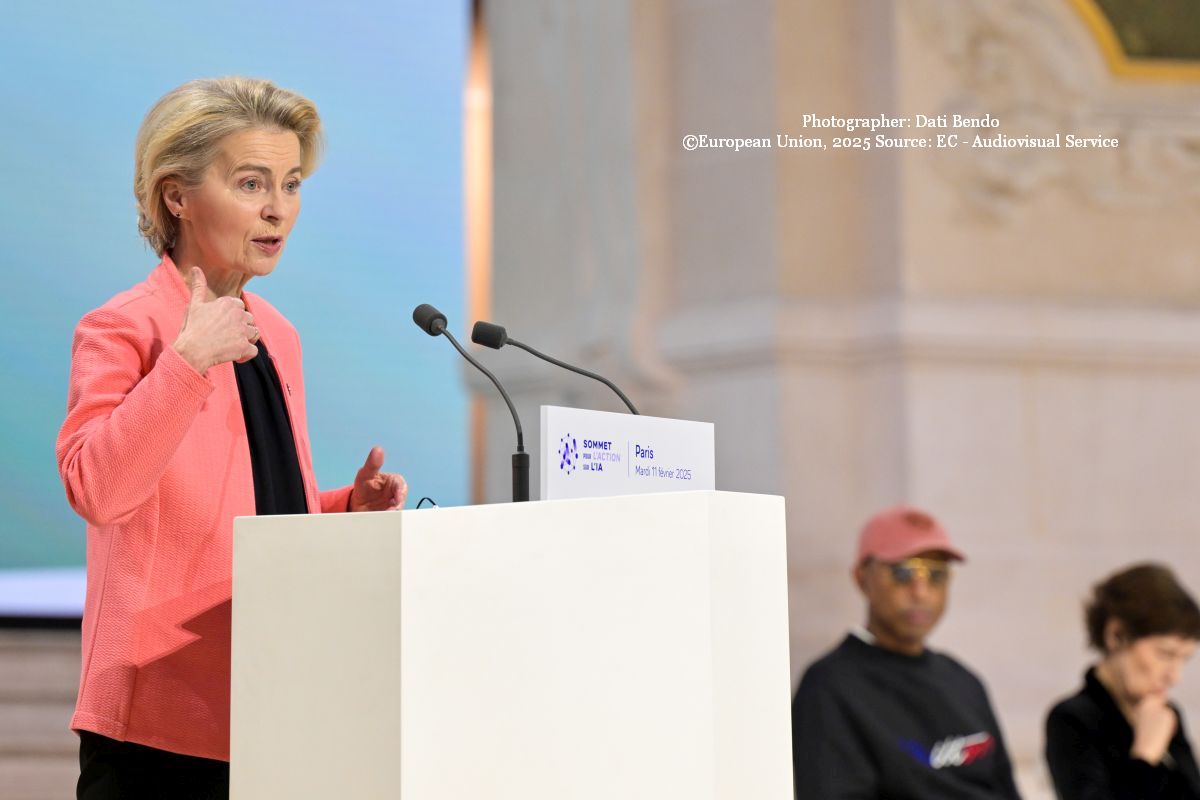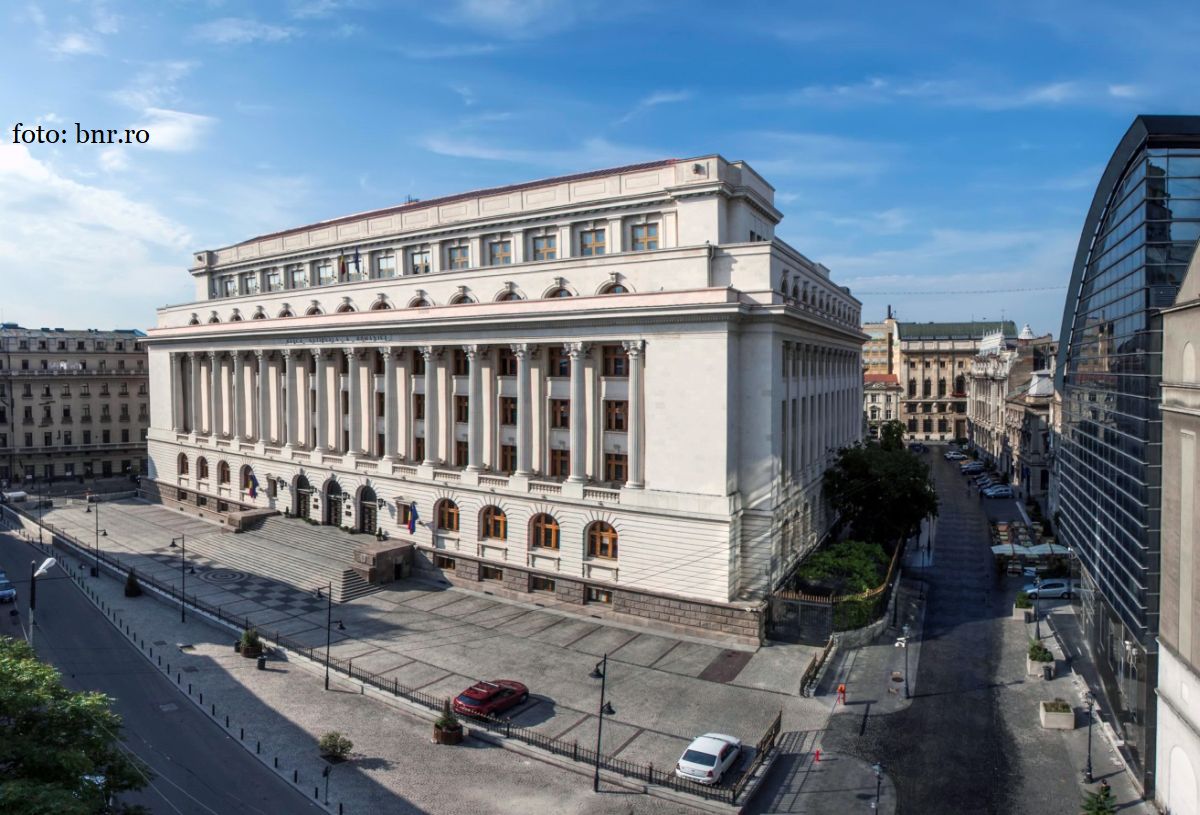NATO, focus on the Black Sea and the Balkans
The NATO summit hosted by Brussels is paying special attention to the Alliances eastern flank, a topic which is also one of Romanias priorities

Bogdan Matei, 12.07.2018, 11:51
As early as last week the Romanian President Klaus Iohannis had announced that one of Romania’s priorities at the NATO summit was the consolidation of the Alliance’s eastern flank, an issue which is the focus of the current summit hosted by Brussels. Two of the Alliance’s partners in the region, Ukraine and Georgia, are participating, on the sidelines of the summit, in separate, distinct talks related to security developments in the Black Sea region. This is a first for the two former Soviet republics, as, for the past decade, they have been both the target of military aggression from Russia, whose appetite for new territories seems to have been renewed.
At the NATO summit held in Bucharest in 2008, the leaders of the Alliance had already hailed Ukraine’s and Georgia’s Euro-Atlantic aspirations, and, on Wednesday, they reiterated their decision to support the two states on their way to NATO membership in a common statement. NATO officials became aware of the progress reported by Georgia in its preparations for accession, which strengthen its defense and inter-operability capabilities, adding that an independent, sovereign and stable Ukraine was key to Euro-Atlantic security. NATO’s Secretary General Jens Stoltenberg reiterated that the Alliance firmly condemned the illegal annexation of Crimea by Russia and called on Moscow to withdraw its troops and to cease its support for the rebels in eastern Ukraine. President Iohannis represented Romania at the NATO summit in Brussels:
“Upon NATO’s initiative, this is a special meeting devoted to the Black Sea area, which is also being attended by Ukraine and Georgia. We believe that one of the results of the summit will be an increased focus on the Black Sea region as well as an increased NATO presence in the region, which is very important for Romania. And the multinational Brigade will be even more important because it will become a permanent Brigade, which will be a major pole for security in our region, actually in the entire region.”
President Iohannis also added that the Alliance should maintain its so-called ‘open-doors’ policy and that Romania was fully supporting NATO’s decision to send an official invitation to North Macedonia to join the Alliance. After Slovenia, Croatia and Montenegro, Macedonia would become the 4th of the 6 ex-Yugoslav republics to join NATO. And this would be an additional guarantee for stability in the Balkan region, which, two decades ago, witnessed the bloodiest massacres in post-war Europe. The Romanian President also pointed out that it was necessary to equitably share tasks within NATO and, in this context, Romania wanted to be a provider of security for the entire region. It’s worth mentioning that only 8 of the 29 NATO member states are allotting or are going to allot 2% of the GDP for defense by the end of 2018. And Romania is one of these countries.
(Translated by L. Simion)






























